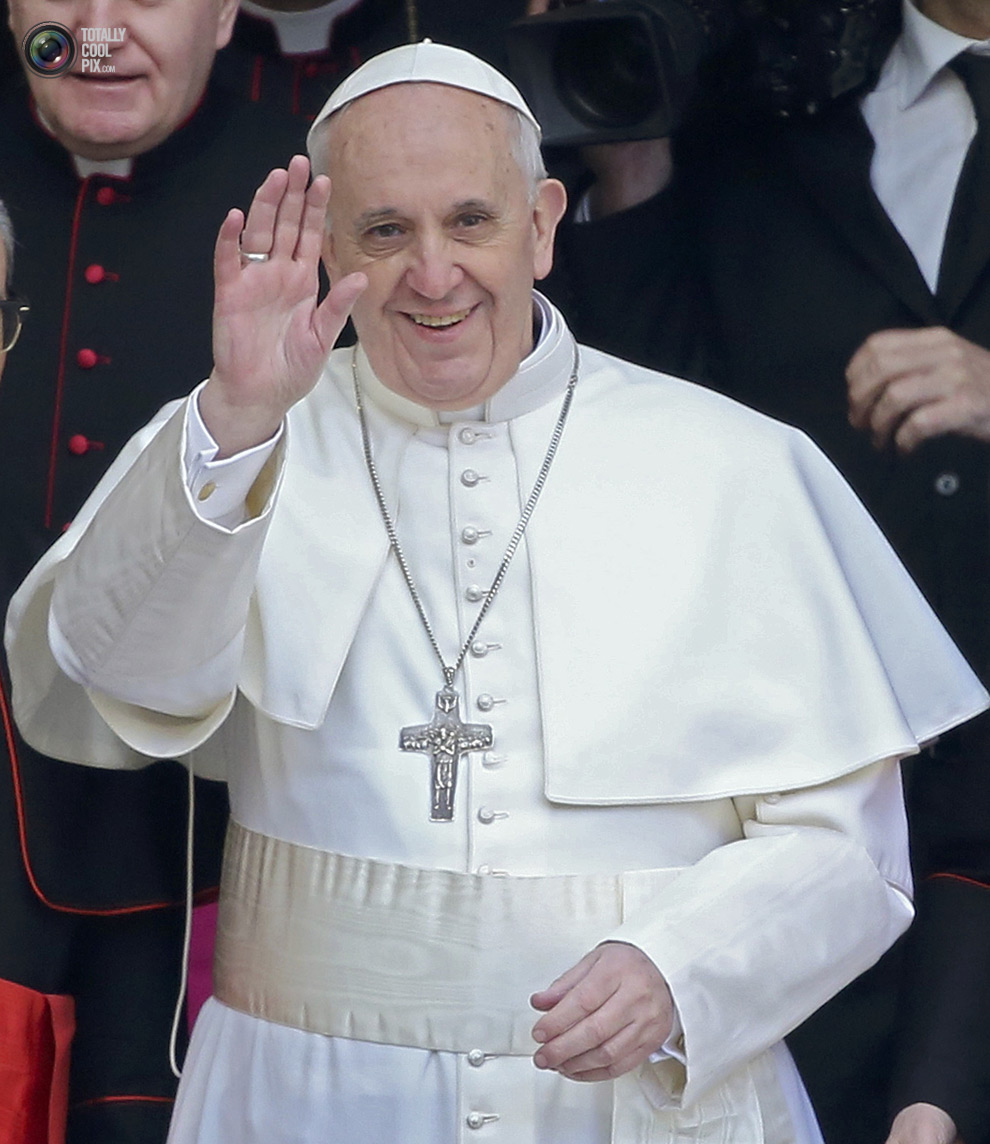 Public speaking is an important success trait for anyone, including the person filling the Pontiff seat. After all, when you’re charged with leading 1.18 billion people around the world, you must be able to communicate effectively to keep the flock aligned. How will the new Pope fare?
According to some in the media, newly elected Pope Francis doesn’t get high marks for charisma, but his relaxed and chatty style will put people at ease. His power comes from his authenticity. He is sincere and genuine, with no bells and whistles, and that will win the hearts and minds of his listeners.
Public speaking is an important success trait for anyone, including the person filling the Pontiff seat. After all, when you’re charged with leading 1.18 billion people around the world, you must be able to communicate effectively to keep the flock aligned. How will the new Pope fare?
According to some in the media, newly elected Pope Francis doesn’t get high marks for charisma, but his relaxed and chatty style will put people at ease. His power comes from his authenticity. He is sincere and genuine, with no bells and whistles, and that will win the hearts and minds of his listeners.
The good news is that if we look at recent history, we can see many examples of various speaking styles of former Popes. So in other words, there’s no one right presentation style that makes for Papal success. Rather, it’s about using your inherent strengths and talents to create a unique Papal brand. Here are some noteworthy examples of past Popes who give us interesting insight into how speaking and leadership go hand-in-hand.
Pope Pius XII (1939-1958) was a prolific writer and lecturer. Amazingly, during his 19 year reign, he explained the Catholic faith in 41 encyclicals and almost 1,000 messages and speeches. That’s an average of 52 speeches a year, or 4 per month. He was one Pope who used the power of the spoken word to engage his followers. Had his papacy not been during World War II, he may be a more well-known Pope.
Pope John Paul II (1978-2005) was a charismatic church leader. Andreas Widmer, a former Swiss Guard who protected Pope John Paul II and author of the book The Pope & The CEO, wrote: “John Paul II had the ability as a communicator to at once address a huge crowd but do it in a way that every person present felt that he was talking in a direct way to them personally. That was one of his greatest gifts as a communicator. His ability to express the human experience was helped by his study of the great Catholic mystics such as Saint John of the Cross and Theresa of Avila, as well as his love of poetry and theater. As a young man, John Paul II participated in a clandestine theater group that kept Polish poetry and theater alive by hosting readings and plays at private homes during the Nazi occupation.” It’s remarkable that a man with a theater background would later go on to use those speaking skills in the role of Pope.
Finally, Pope Benedict XVI (2005-2013), was a quiet, reserved, and contemplative kind of speaker—quite different from his predecessor. However, as religion reporter John Allen said, “People came to see Pope John Paul II; they come to hear Pope Benedict.” Interestingly, the name Benedictus (which is where Benedict is derived from), literally means “good speaker” or “good speech,” referring to either one’s diction or intent. Since there were 15 other Popes who chose this name, it makes me wonder if these holy people realized how important communication skills are to their leadership success.
I wish Pope Francis well. He is leading the Catholic Church during a trying time, and his ability to powerfully present his messages and ideas will be vital to the success of his Papacy. In some respects, he’s not just the Pope; he’s also the Communicator in Chief for the entire Catholic faith. And that’s a big role for anyone to fill.